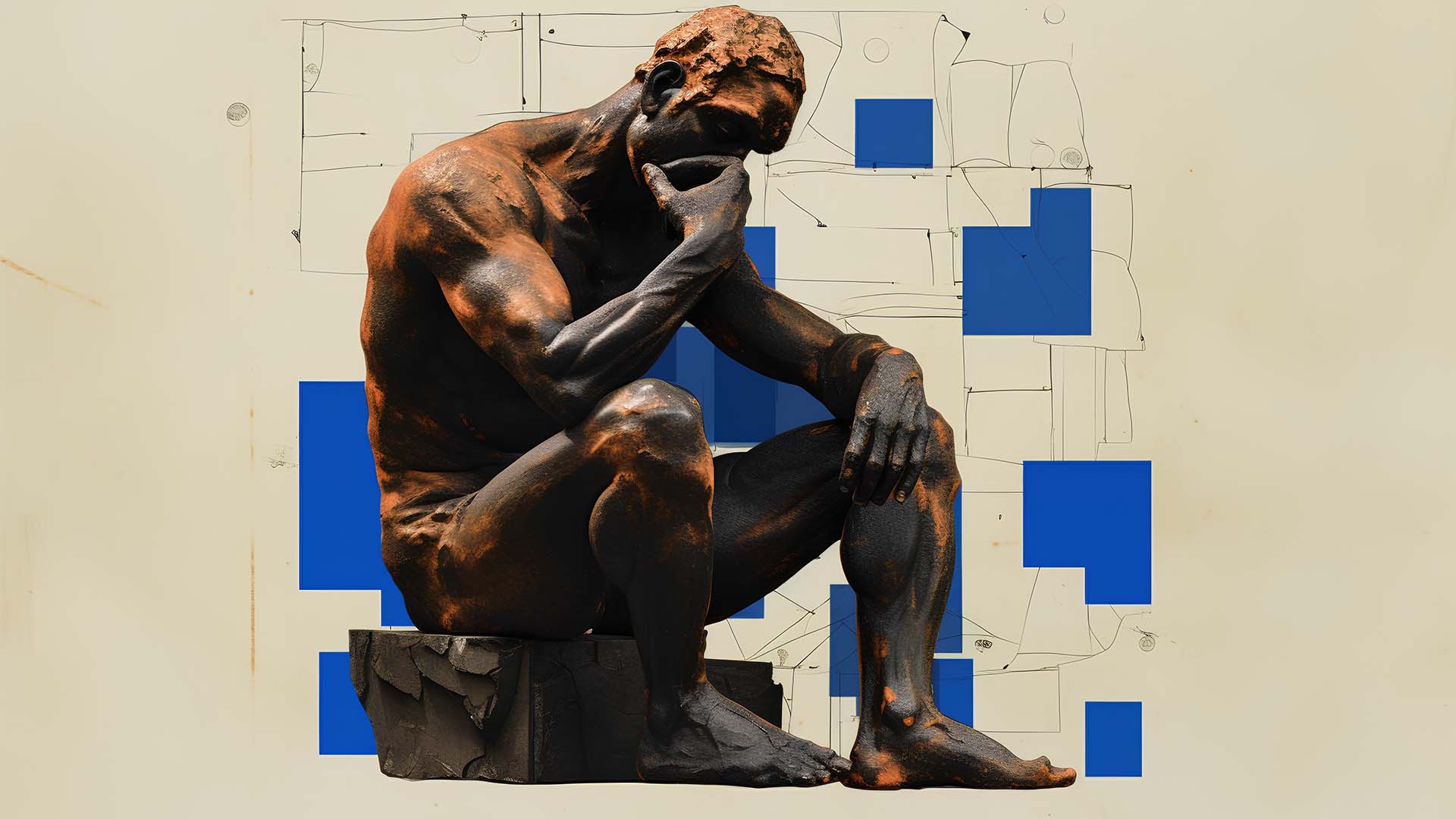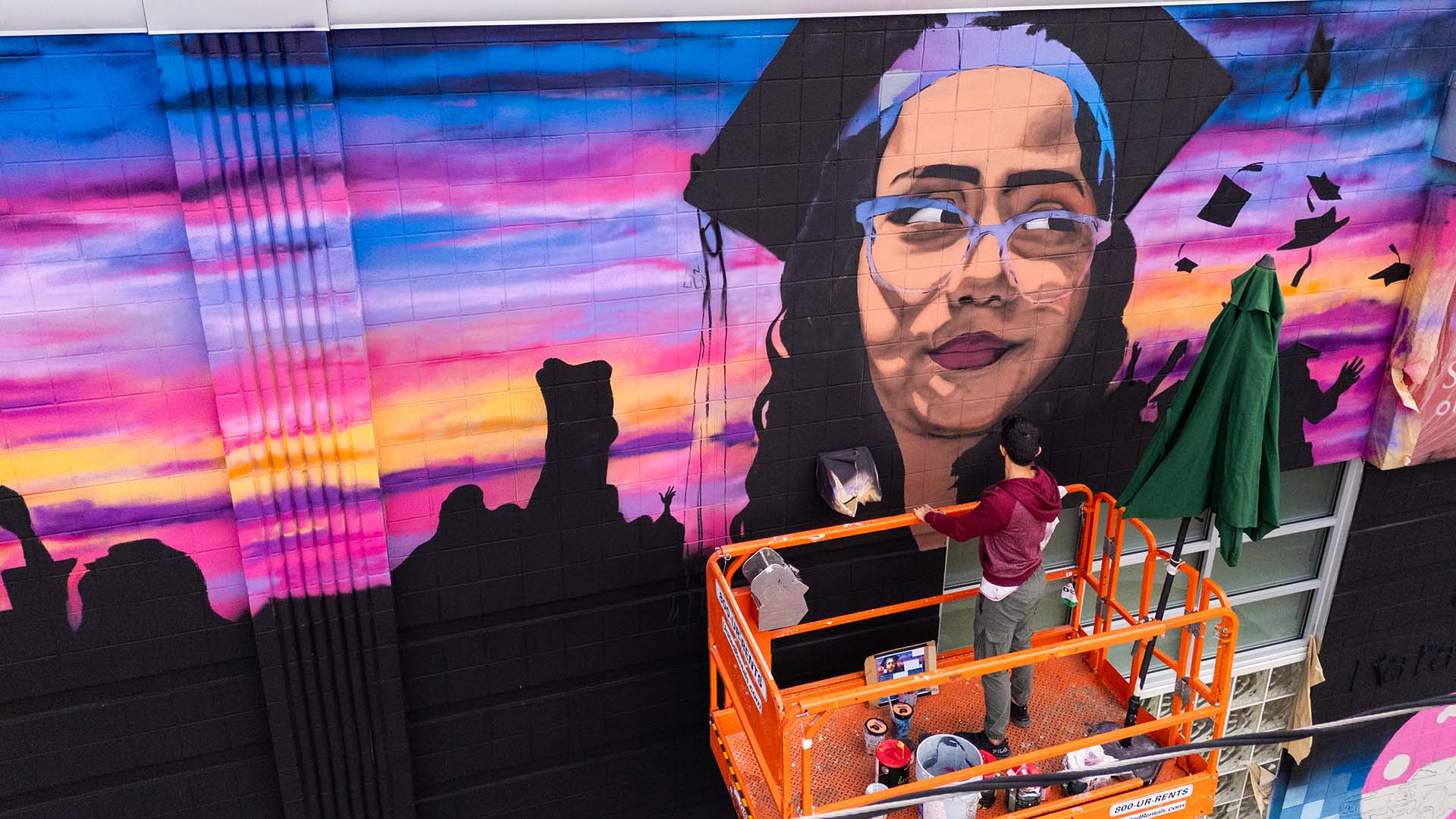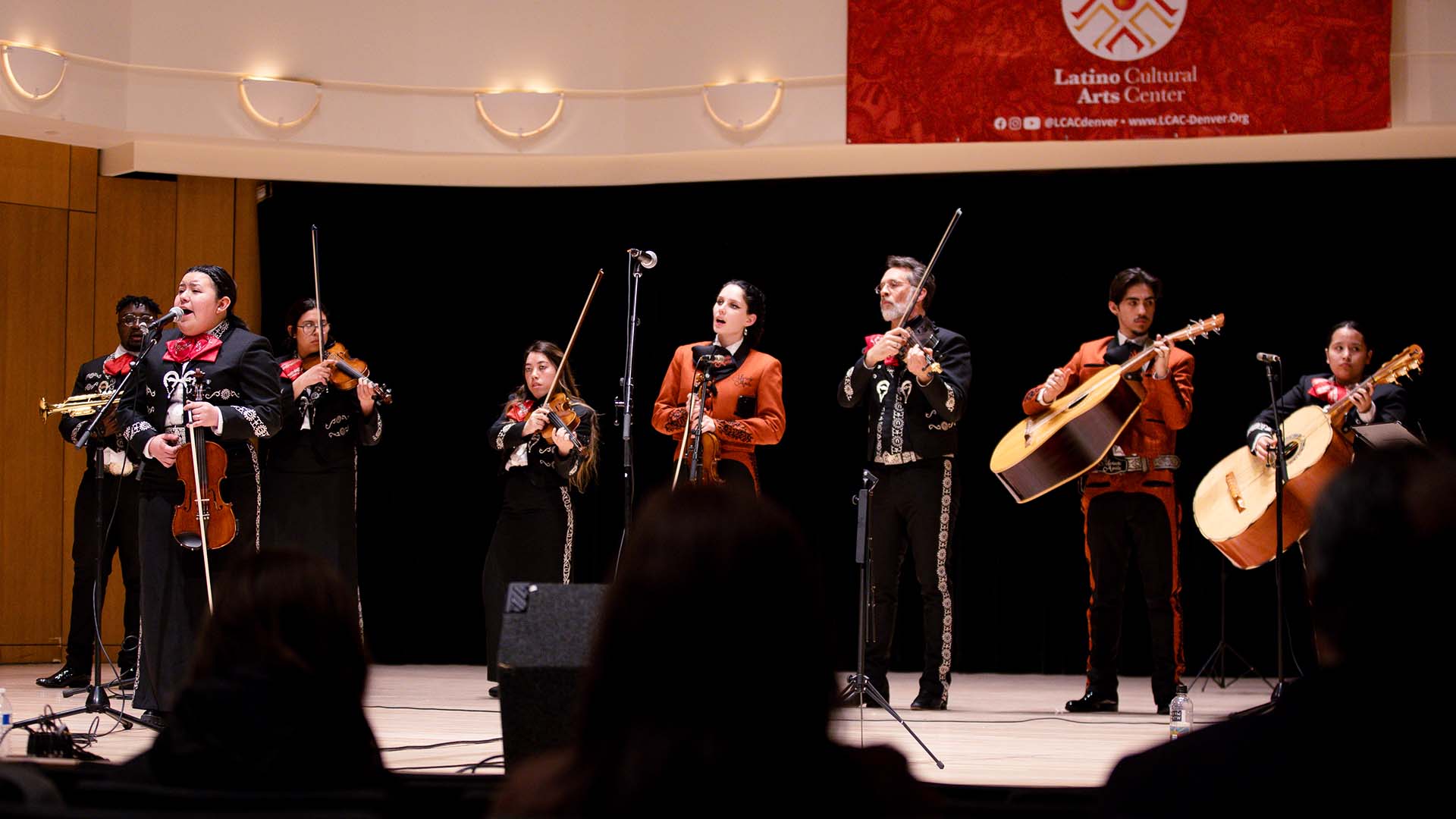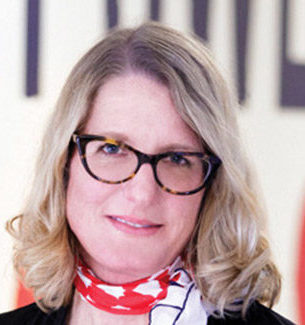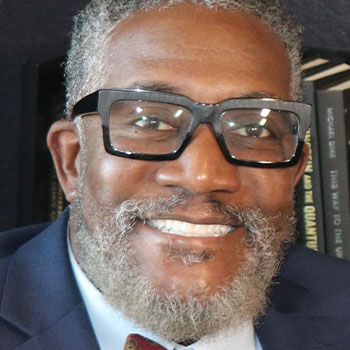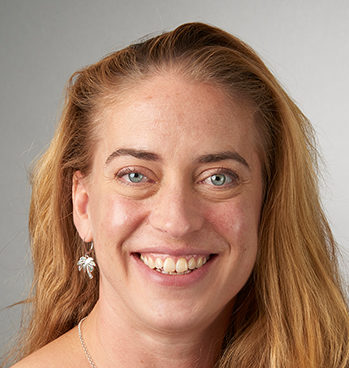Professor wins major fellowship
At the MacDowell Colony this summer, David Weiden will work on his Native American crime novel.
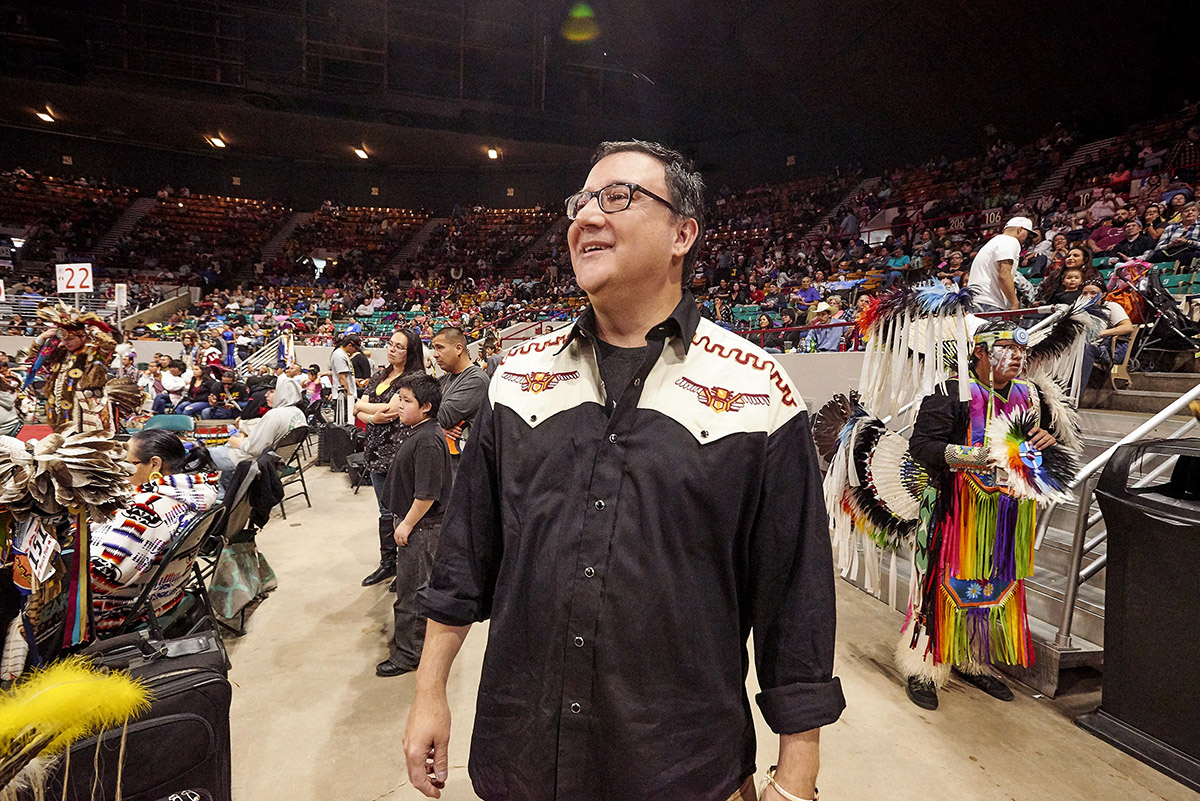
David Heska Wanbli Weiden, J.D., Ph.D., of the Metropolitan State University of Denver faculty recently won a fellowship to the prestigious MacDowell Colony in Peterborough, New Hampshire. Weiden, an associate professor of political science and Native American studies, will be provided unlimited time to write at the Colony this summer. He will spend much of his time working on a novel called “Winter Counts,” an expansion of a short story he wrote by the same name. The Insider asked Weiden for his thoughts about the honor.
Insider: Can you tell us more about the MacDowell Colony?
Weiden: The MacDowell Colony is the nation’s oldest artist colony. They provide a space for about 300 writers, visual artists, composers, filmmakers, playwrights and architects each year to create their art, free of charge, and free from the distractions of everyday life. Residencies range from two weeks to two months. Their website states that MacDowell Fellows have won 83 Pulitzer Prizes, 800 Guggenheim Fellowships, 101 Rome Prizes, 30 National Book Awards, 26 Tony Awards, 28 MacArthur Fellowships, nine Grammys, eight Oscars and eight National Medals for the Arts. Some well-known alumni are Thornton Wilder, Willa Cather, Leonard Bernstein, Alice Walker, James Baldwin, Studs Terkel, Jonathan Franzen and Michael Chabon.
Insider: What led to this honor?
Weiden: Pretty much every serious artist knows about the MacDowell Colony, and I applied several months ago. I really didn’t think I’d be chosen because admissions are exceptionally selective. Naturally, I was surprised and truly honored to be selected. Although the Colony doesn’t provide statistics on fellows, a friend of mine who went there told me that only about 10 Native American artists have been chosen in the last 110 years, and I’m apparently the first Lakota to become a fellow – as well as the first MSU Denver professor, as far as I know. (I’m an enrolled member of the Sicangu Lakota nation.) Because I’m a single father raising two young boys, my month at MacDowell will be invaluable. But I will really miss my two sons, David and Sasha. A month is longer than I’ve ever been away from them.

Insider: How will you spend your time there? What aspects of Native American culture will you examine?
Weiden: I’ll be working on my novel “Winter Counts.” The novel is set on the Rosebud Indian Reservation in South Dakota, which is where my people are from. It’s about a hired vigilante, Virgil Wounded Horse, who is hired by Natives who can’t get justice from the American legal system. It’s a literary crime thriller in which themes of Native American identity and agency are examined. I’m trying to provide a depiction of the myriad humiliations and degradations that indigenous people face every day in their struggle to survive, and I show how Natives are transcending the circumstances of their environment and refusing to be victims. But mainly, I want to write a page-turner that will make people stay up all night reading to find out what happens.
Insider: You wrote “Winter Counts” initially as a short story a few years ago. What made you decide to expand the story to book length?
Weiden: I really liked the characters in that early version, and I knew I could do more with them. Last summer, I studied with the writer Junot Diaz, and he encouraged me to write the novel. So I worked on expanding the story with my instructors at my MFA program. I’ll graduate with a Master of Fine Arts in Creative Writing this summer from the Institute of American Indian Arts in Santa Fe, New Mexico. I’ll also attend the Tin House Writers Workshop this summer and will have the teachers there give me feedback. Finally, I’ve recently signed with a literary agent for representation, and she’ll give me suggestions as well.
Insider: What other authors and writers have influenced you and shaped your writing?
Weiden: So many, it’s hard to list them all. Louise Erdrich (who was also a MacDowell Fellow) has always been one of my favorite writers, along with James Welch and Leslie Marmon Silko. For the most part, American Indian writers have shied away from crime fiction, with the exception of Louis Owens and, most recently, Stephen Graham Jones, who teaches at University of Colorado Boulder. Denis Johnson, who recently passed away, is one of my favorites, along with Daniel Woodrell, who’s one of the greatest crime writers out there, as well as James Ellroy. I should also mention Benjamin Whitmer, a local crime author who writes great stuff. I’ll be reading with Ben Whitmer and Jon Bassoff at Bookbar in Denver on April 15 at 5:30 p.m.

Insider: You’re not only a professor of Native American studies but also teach political science and are a lawyer. How do these disciplines intersect for you?
Weiden: They all work together. I’m under contract to write the first introductory textbook in the discipline of Native American studies, and that text will have chapters on Native law, politics, literature, history and philosophy. I’ve also just sent off my manuscript for a children’s book, titled “Spotted Tail.” That book is an early reader and is the first biography for kids of the great Lakota leader Spotted Tail. It should come out next March.
Insider: How do you think this fellowship will inform your teaching at MSU Denver?
Weiden: I don’t teach English or creative writing here, but I’m certainly happy to meet with any creative-writing student, even though I’m in the Political Science Department. Also, in my introductory Native American studies course, I have the students read some indigenous literature, to try and bring the concepts I’m teaching to life. We’ve also just created a new course, Native American Cinema, that I’ll be helping out with. Students should realize that the arts work synergistically with the sciences and the professions. I just met a University of Colorado med student, Richard Froude – who’s graduating this month – who has an MFA as well as an M.D. degree, and he’s planning to use literature in his psychiatry practice. That’s just one example of how the arts benefit everyone.
We have a truly extraordinary institution here at MSU Denver, and coming here has been one of the best decisions I’ve ever made. I really enjoy helping all of the students here, traditional and first-generation and students of color alike, and I hope that I can help aspiring writers, in addition to my work assisting the pre-law and Native American Studies students.

